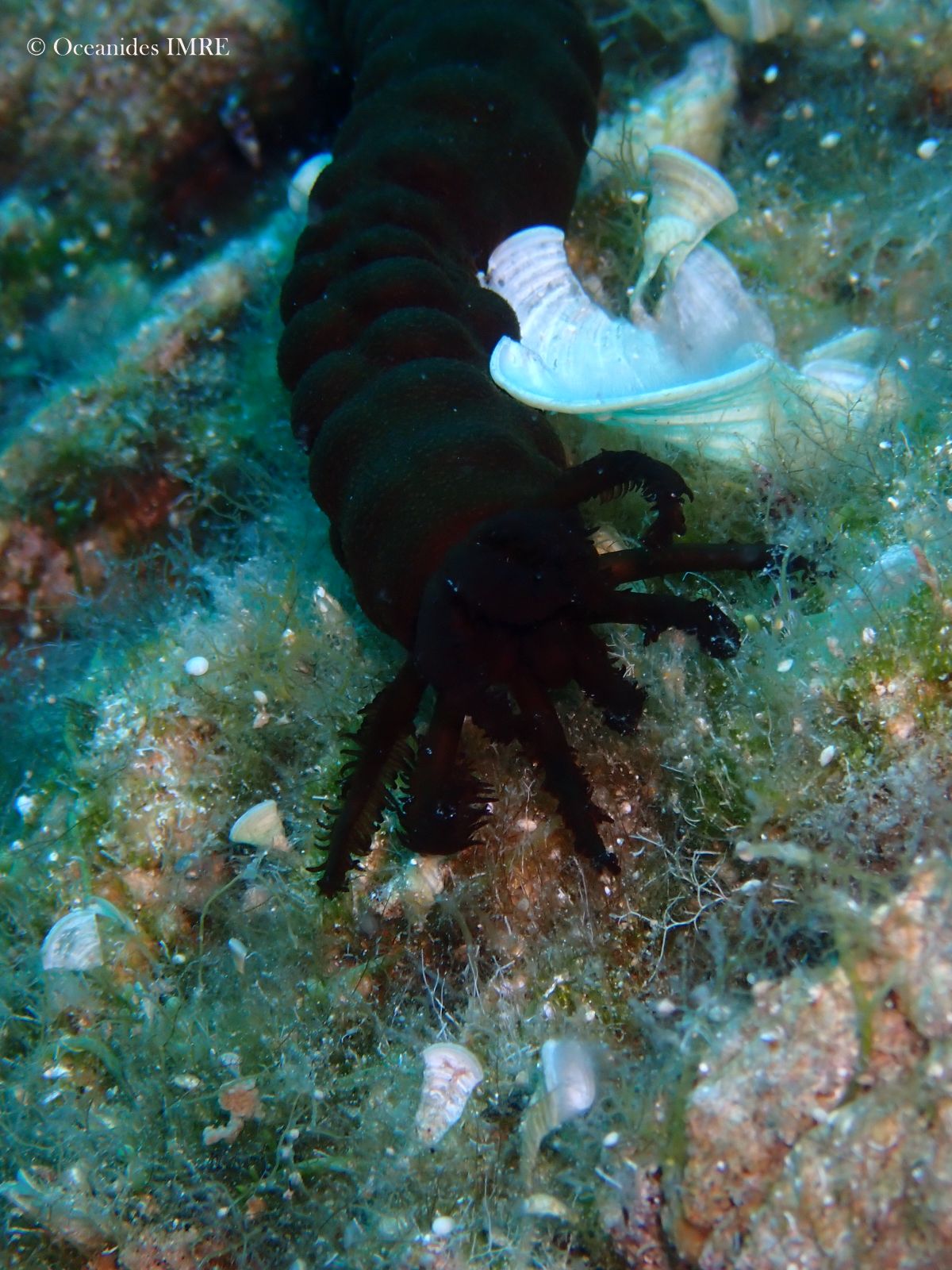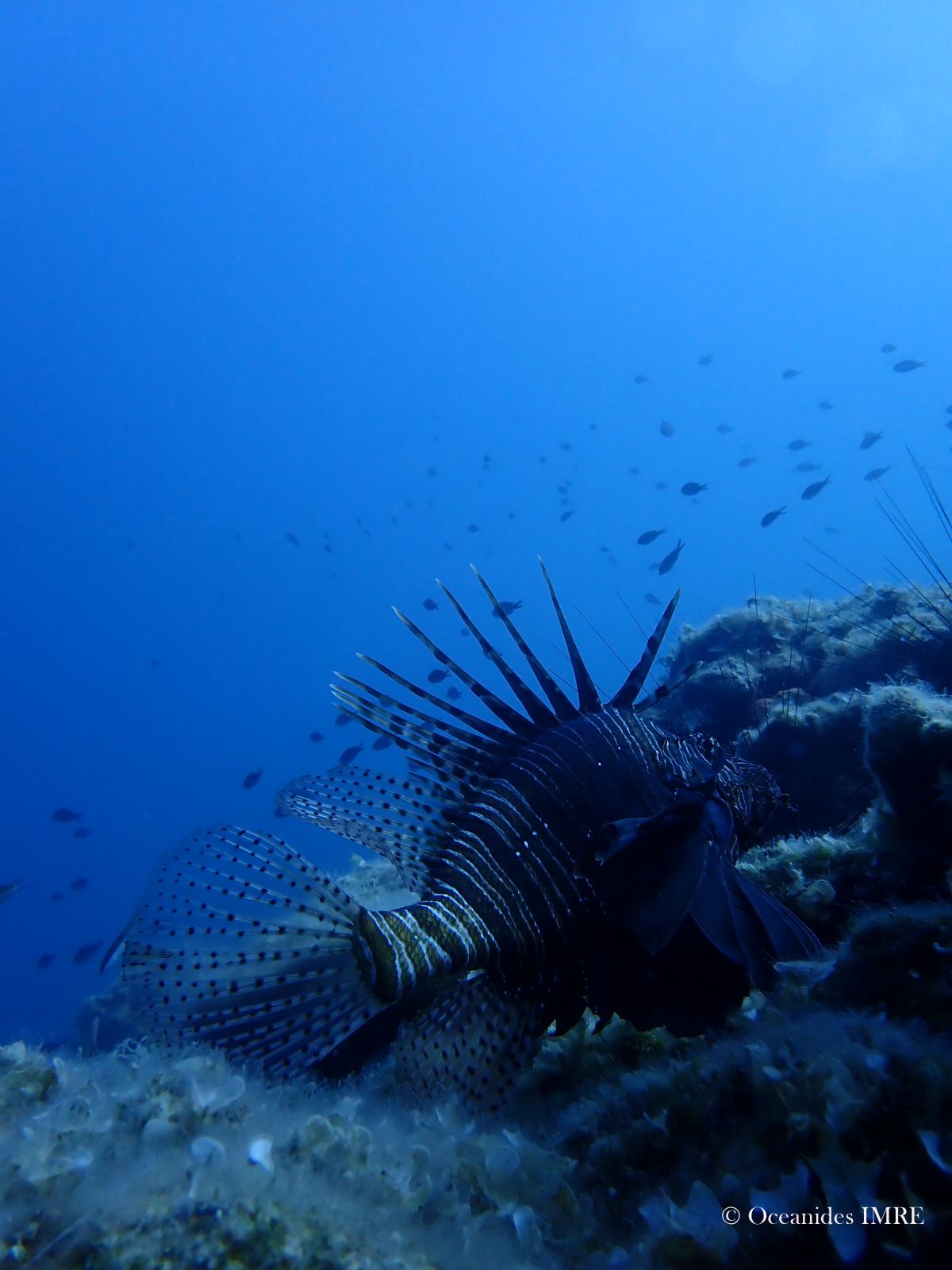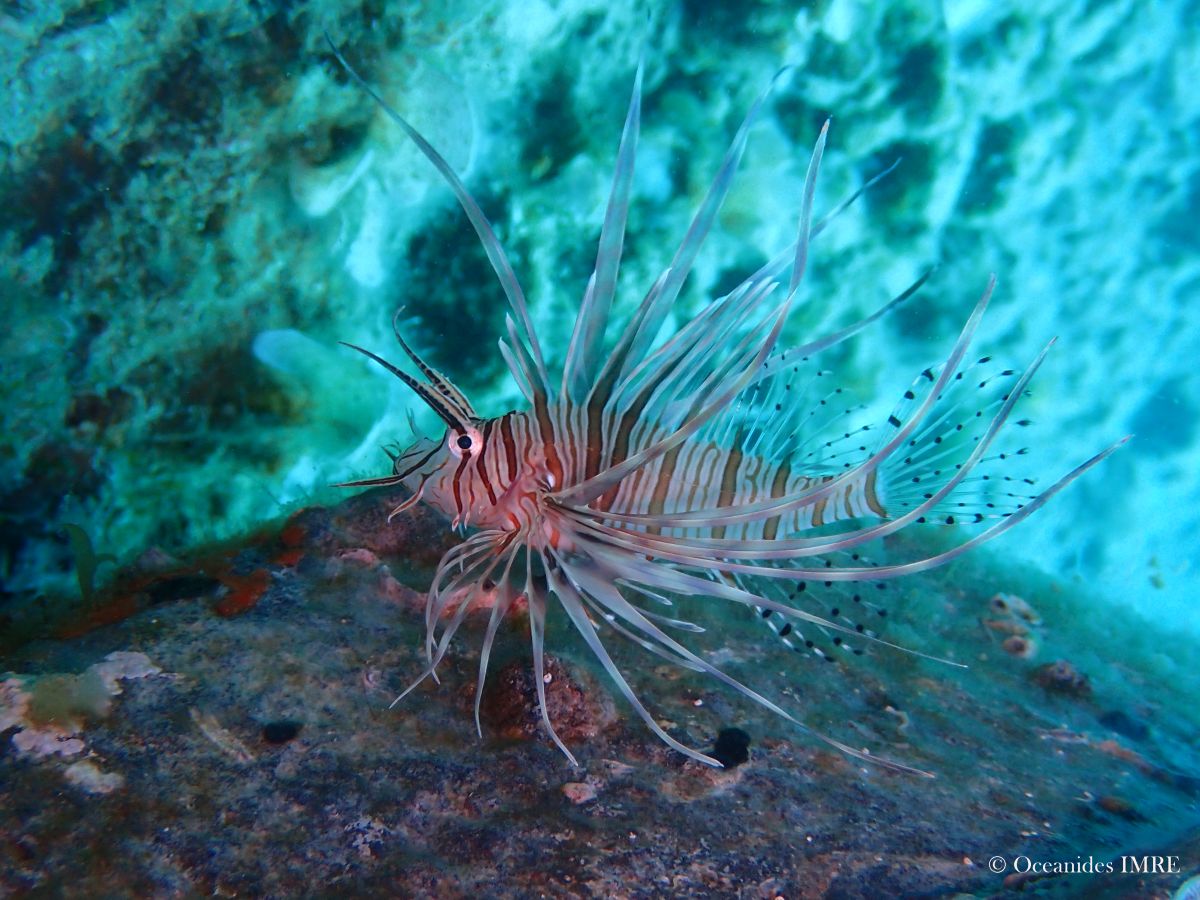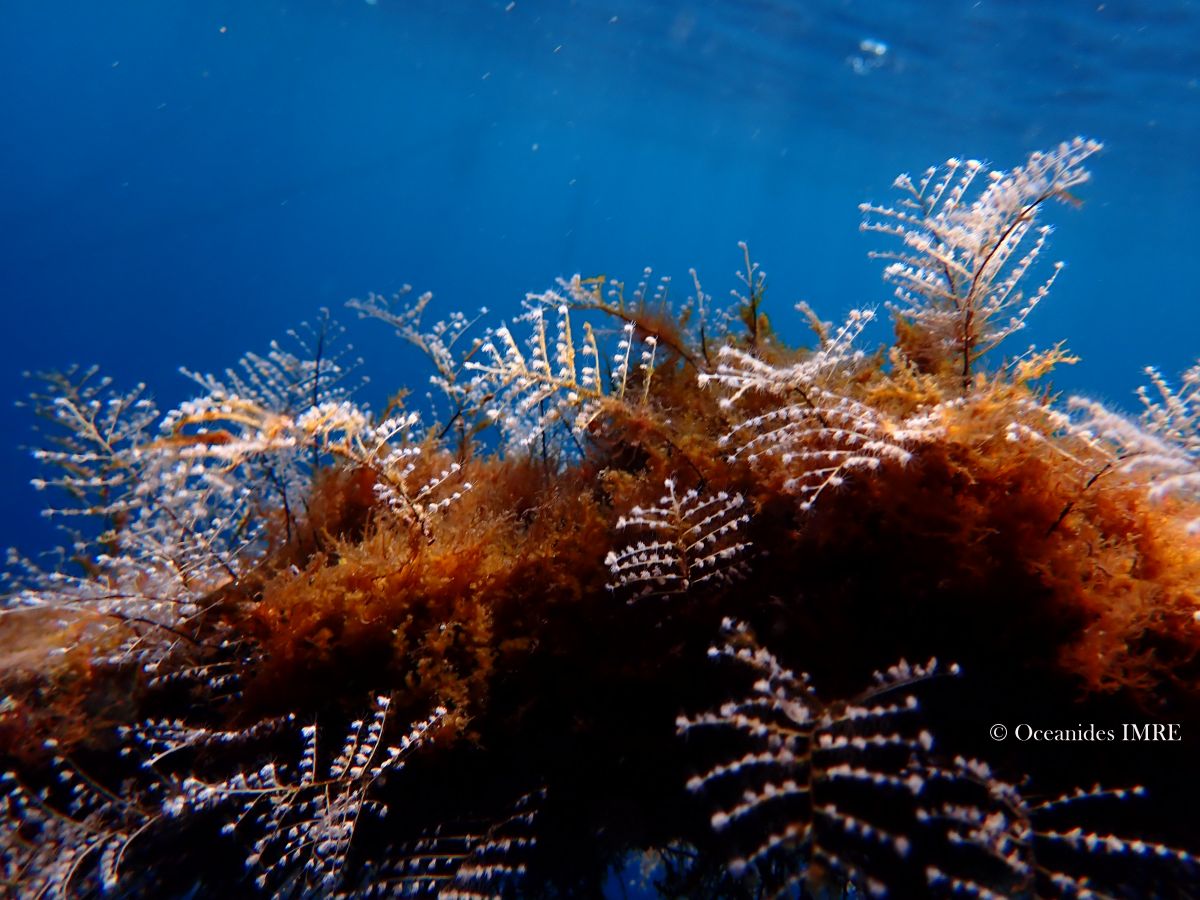Mediterranean Sea, despite its small size compared to the oceans, presents a unique biodiversity with 20% of the species found being endemic, that is unique Mediterranean species!
The uniqueness of the Mediterranean also relies in the fact that it is almost isolated from the oceans, communicating with the Atlantic through the Strait of Gibraltar and through the Dardanelles with the Sea of Marmara and the Black Sea. In the southeast, the Suez Canal connects the Mediterranean with the Red Sea and the Indian Ocean. With the opening of the channel of communication with Suez and with the increasing sea transportation, new routes were created outspreading oceanic species in the Mediterranean. These species are defined as “alien” and are organisms that transfer beyond their natural range and settle in another area, as a result of direct or indirect human intervention.
The introduction of non-native species into an ecosystem appears to be one of the major problems we are facing today in the marine environments. The biggest threat of these invasive species is their unpredictability, since they can be toxic, poisonous, disease-carrying, and major competitors of endemic organisms.
As in the Mediterranean, so in the Greek seas also many alien species have been recorded with their effects already being visible and numerous!
We have witness the shifts of our waters through our lifetime and new generations are growing now with a different sea that the one we knew and first loved! The goal of our group is to record and monitor the spread of alien species in the area of Kalymnos and to propose conservation solutions. We aim to communicate this shift of our seas to the younger generations, amateurs and professionals that are active in the marine environment of the island.
With the right knowledge and the right actions, the precious biodiversity of our islands can be protected!








